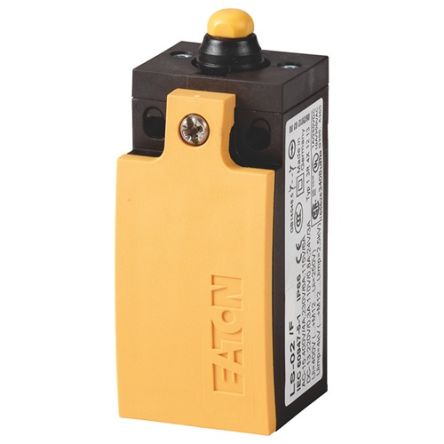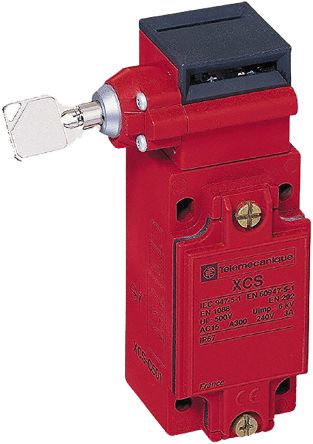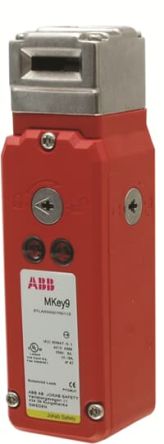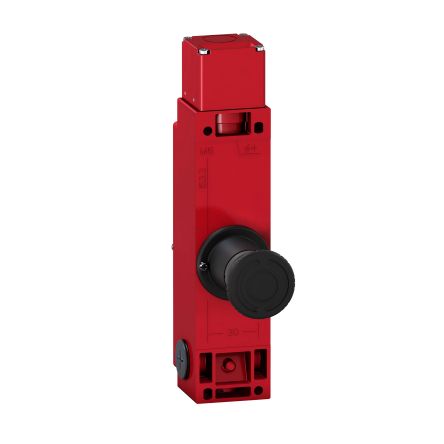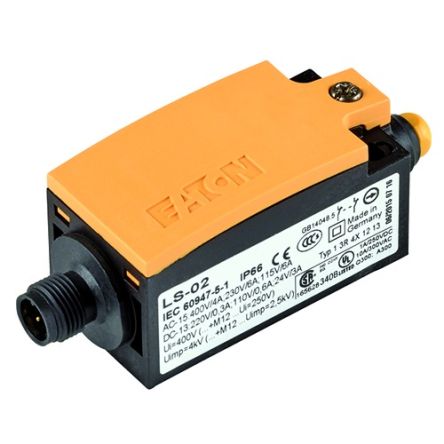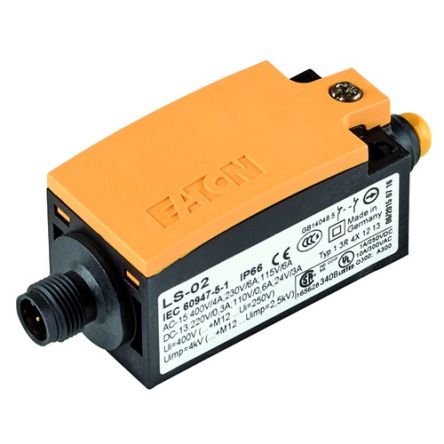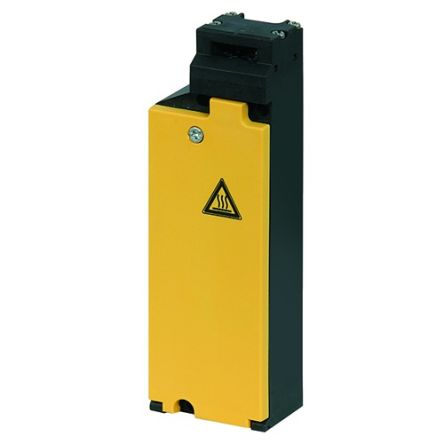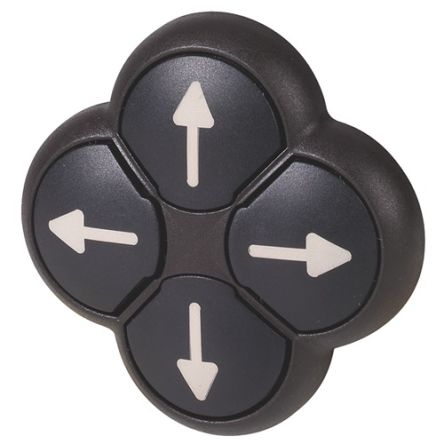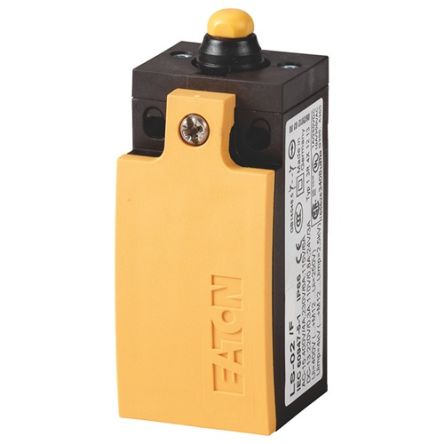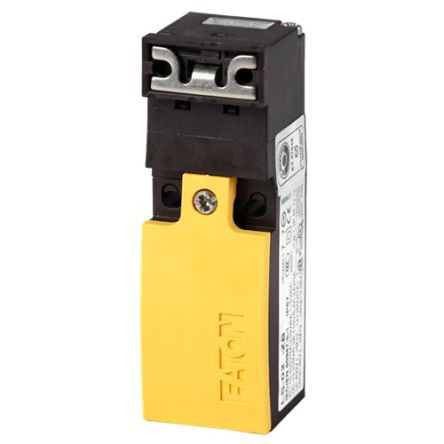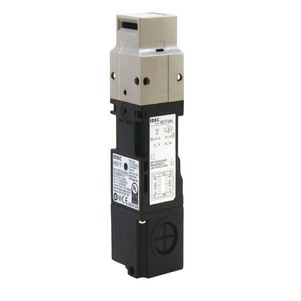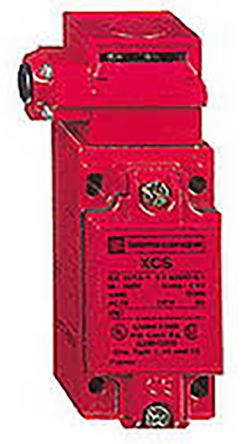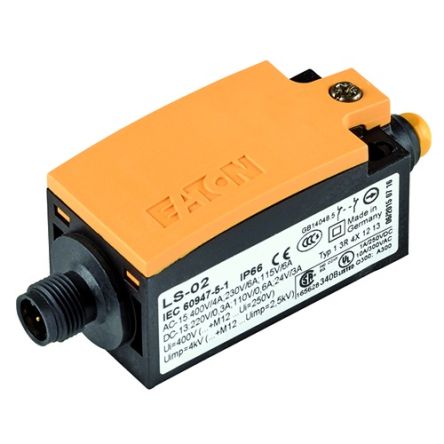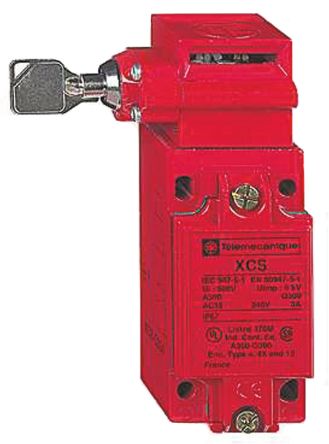- Automation & Control Gear
- Cables & Wires
- Enclosures & Server Racks
- Fuses & Circuit Breakers
- HVAC, Fans & Thermal Management
- Lighting
- Relays & Signal Conditioning
- Switches
- Batteries & Chargers
- Connectors
- Displays & Optoelectronics
- ESD Control, Cleanroom & PCB Prototyping
- Passive Components
- Power Supplies & Transformers
- Raspberry Pi, Arduino, ROCK, STEM Education & Development Tools
- Semiconductors
Safety Interlock Switches
Safety rated interlock switches are safeguarding measures designed to improve safety in situations where guards or gates are used around hazardous machinery or equipment.
What are safety rated interlock switches used for?
In industrial situations, safety rated interlock switches prevent or permit the use of machinery, depending on safety conditions. They allow current to pass to the machine when it is safe to operate, for example when the machine's guard is closed. And they cut off the power if there's a potential hazard, such as a guard being opened. When a dangerous piece of equipment such as a metalworking machine is in operation, safety rated interlock switch might be used to ensure safety gates remain closed, excluding workers from hazardous areas. Safety interlock switches can vary in lock type, maximum current and voltage, and housing material. The switches are specifically designed to meet high machine safety standards.
Types of Safety Rated Interlock Switches
Safety rated interlock switches vary according to their lock type, maximum current, and voltage, as well as their housing material. Guard-locking switches prevent access to machine parts that may still be in motion, even when the power has been cut. Hinge switches will close protective gates and guards in unsafe conditions.
Guard Lock – The guard stays locked till the risk of injury has passed
Mechanical Lock – Is an interlock that is physically connected to another device to prevent unintended actions
Magnetic – Used to monitor closing/ opening of machine guards, doors, and types of machinery
Trapped Key Interlock- Will only allow access to a hazardous/ Dangerous area when the key is inserted to the lock
Applications for Safety Interlock Switches
- Automated Production Equipment
- Material Handling Equipment
- Automotive Plants
- Pharmaceutical and Chemical Processing
- Industrial Machinery
- Machine Tools
